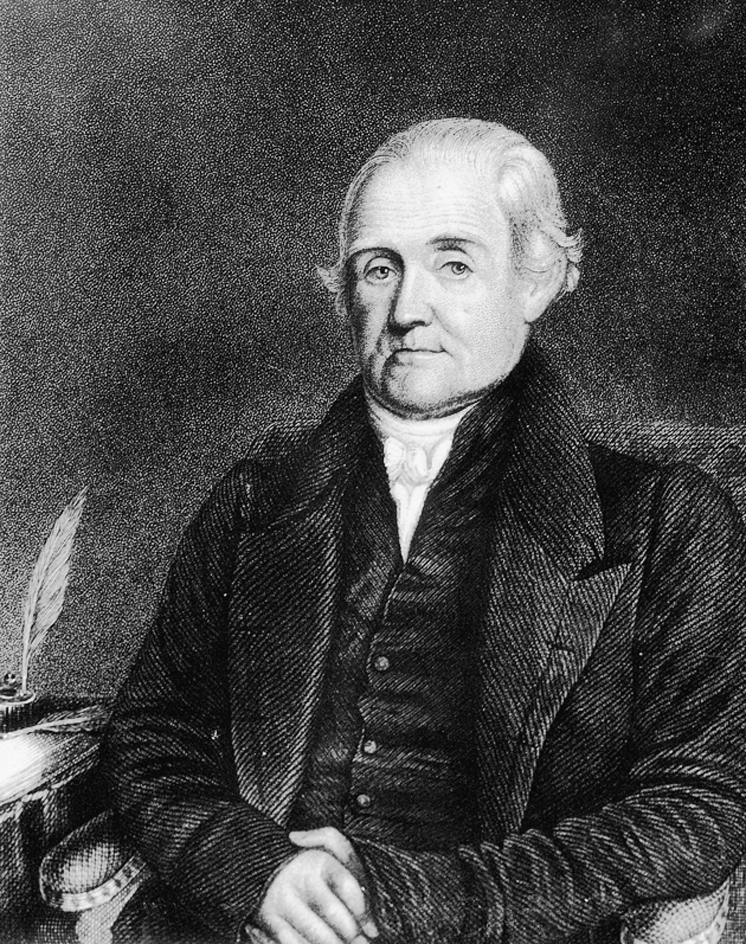Webster, Noah (1758-1843), was an American educator and journalist who won fame for compiling Webster’s Dictionary. This work was the finest English dictionary of its time. Its most recently revised form is Webster’s Third New International Dictionary.

Webster was born in the village of West Hartford, Connecticut. He was descended from John Webster, governor of Connecticut in 1656, and from William Bradford, who governed Plymouth Colony for more than 30 years. Webster graduated from Yale College. He then studied law and was admitted to the bar at Hartford. But Webster practiced law only briefly.
While teaching school at Goshen, New York, in the 1780’s, he compiled an elementary spelling book. He then compiled a grammar, and, finally, a reader for schoolchildren. Millions of copies of the speller were sold well into the 1900’s and helped standardize spelling and pronunciation in the United States.
Webster campaigned for the first American copyright laws. He became an active member of the Federalist Party, and wrote many political pamphlets. In 1793, he became the editor of two Federalist newspapers. After 1803, he devoted most of his time to dictionary work.
In 1806, Webster published his first dictionary. He thought of it as a preliminary effort. His great dictionary, An American Dictionary of the English Language, appeared in two volumes in 1828. This work, which was enlarged for an edition in 1840, included 12,000 words and 40,000 definitions that had never before appeared in a dictionary. After his death, Webster’s heirs sold the dictionary rights to the G. and C. Merriam Co. of Springfield, Mass.
